There are two types of employees in every workplace – those who rarely take sick days and those who are more liberal with their sick leave. The former often pride themselves on powering through illnesses, while the latter view sick days as part of their entitlements. But have you ever considered that your approach to sick leave might be influenced by your generation?
A recent survey highlighted a significant disparity in sick day usage across different age groups. Gen Z workers were reported to average 14.3 sick days per year, whereas Baby Boomers only took around 8.9 days off annually. This data sparks an intriguing debate about the purpose of sick leave – is it solely reserved for incapacitating illnesses, or should it also serve as a preventive measure?
Younger employees, particularly from Gen Z, seem more inclined to take time off even at the slightest indication of feeling unwell. This shift towards proactive health management stems from an increased awareness of mental health issues such as anxiety, depression, and burnout among the younger workforce.
In the words of one expert,
“A preventative day off, even if you can’t see it physically, can be just as important as waiting until you can’t get out of bed.”
This perspective underscores the evolving understanding that mental health days are just as crucial as physical recovery days in maintaining overall well-being.
Interestingly, changes in sick leave patterns are not exclusive to younger workers. Data on American employees reveals a notable uptick in sick day usage across all age brackets following the global pandemic. While early career professionals contribute significantly to this increase, there has also been a noticeable rise in sick leave uptake among individuals over 35.
The evolving dynamics around sick leave prompt us to rethink traditional notions of productivity and wellness in the workplace. As another expert notes,
“Mental health days are as valid as physically ill days and should be acknowledged accordingly.”
Employees taking proactive steps to prioritize their mental and physical health today are investing in their long-term professional journey.
However, it’s essential for employees to recognize that frequent absenteeism can impact team dynamics and organizational performance negatively. High rates of employee absence lead to reduced productivity levels and strained collaboration within teams due to additional work burdens placed on other staff members.
Despite these challenges, Australia stands out for its robust system of paid sick leave compared to many other countries globally. The provision of paid time off for recovery reflects a deeper understanding of holistic employee well-being beyond mere physical ailments.
So next time a colleague requests time off for health reasons, remember that supporting each other’s well-being fosters a healthier work environment overall. As we navigate this cultural shift towards embracing sick days for self-care and prevention strategies, let’s cultivate empathy and understanding within our workplaces.
In conclusion,
Tim Duggan aptly summarizes this mindset shift by highlighting that occasional rest is fundamental for sustaining long-term career success:
“They know that if they want to be healthy over decades of work ahead…taking an occasional day off is one way.”
This narrative showcases how changing attitudes towards sick leave reflect broader shifts in workplace culture shaped by factors like generational perspectives and evolving views on holistic well-being.


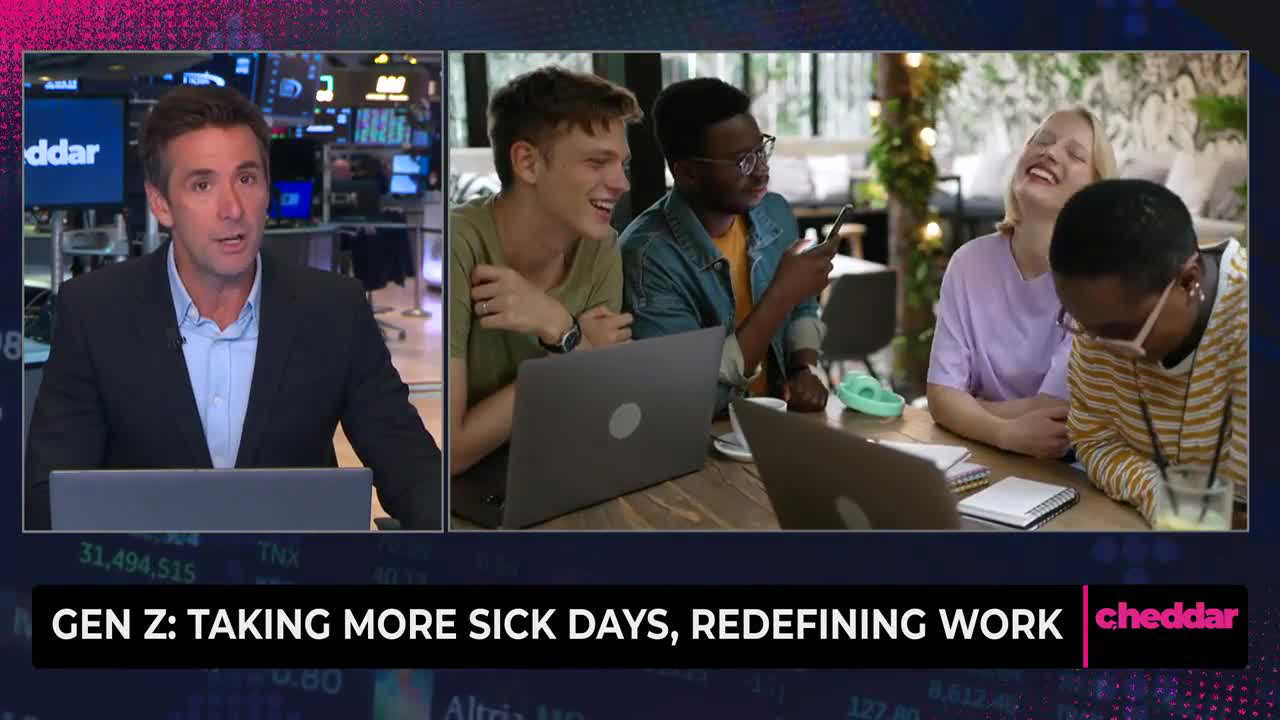


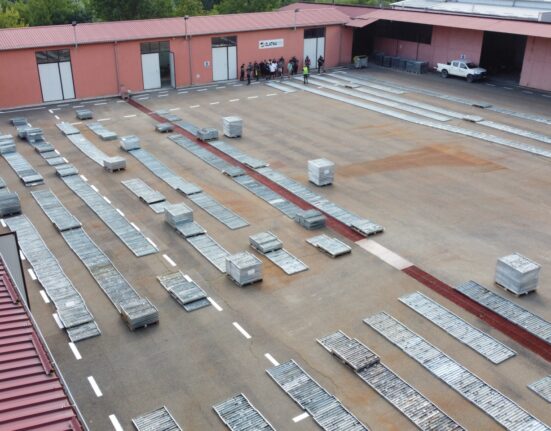
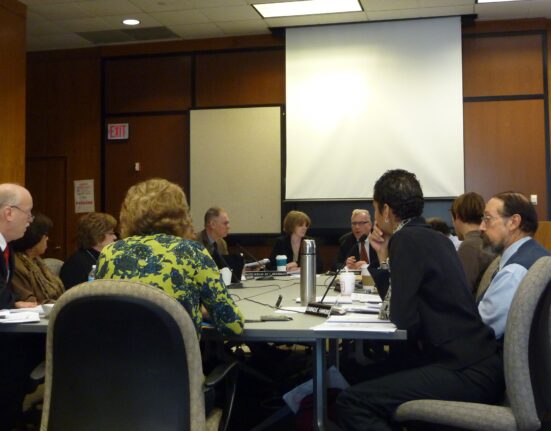
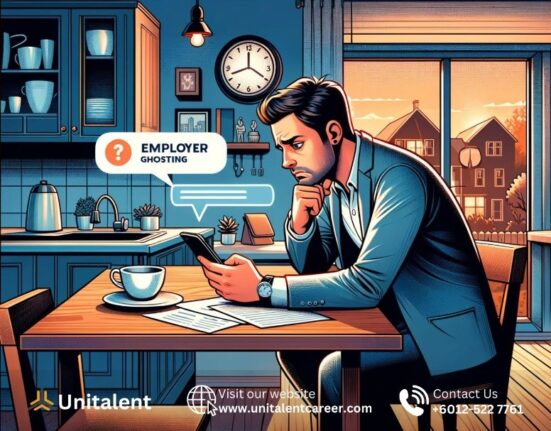
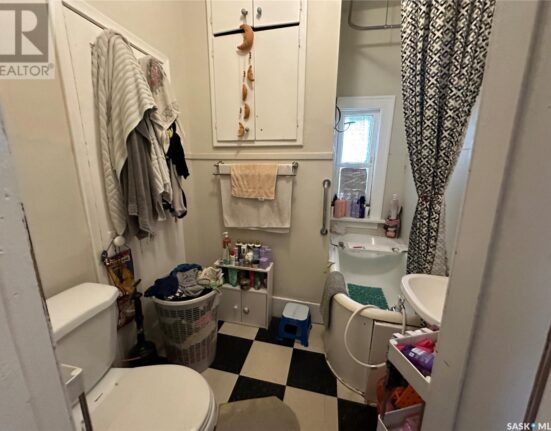
Leave feedback about this